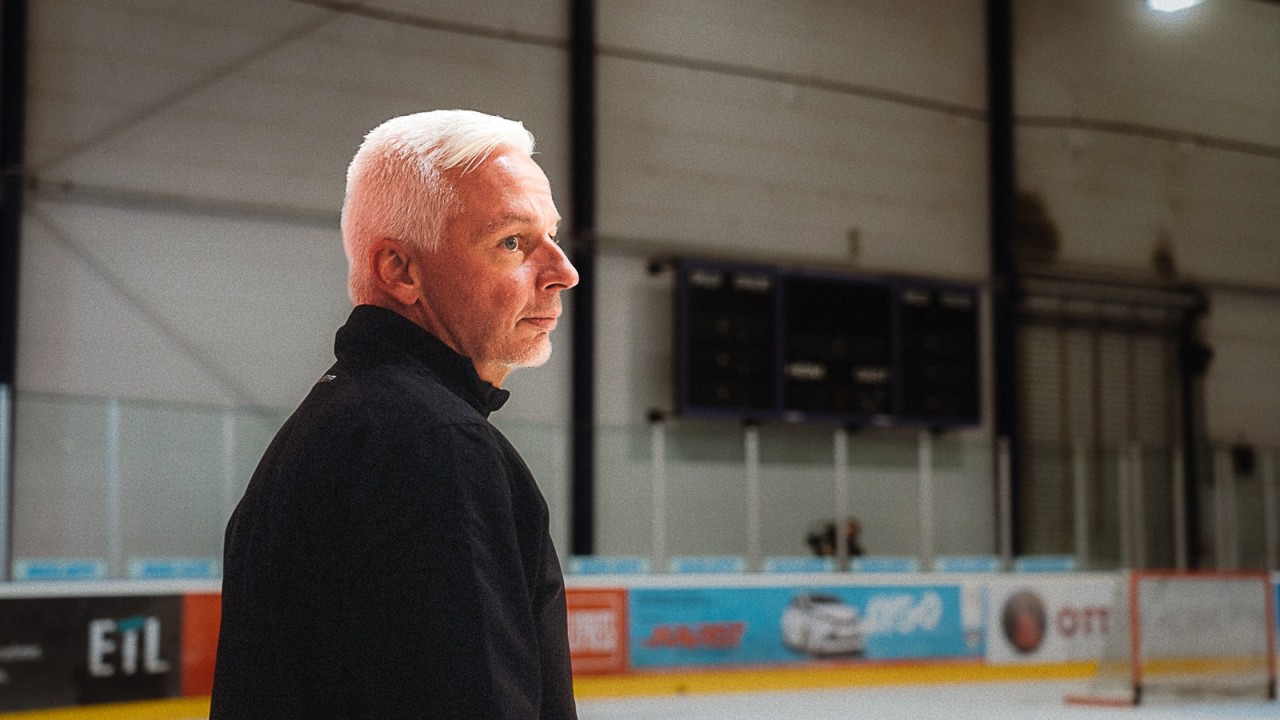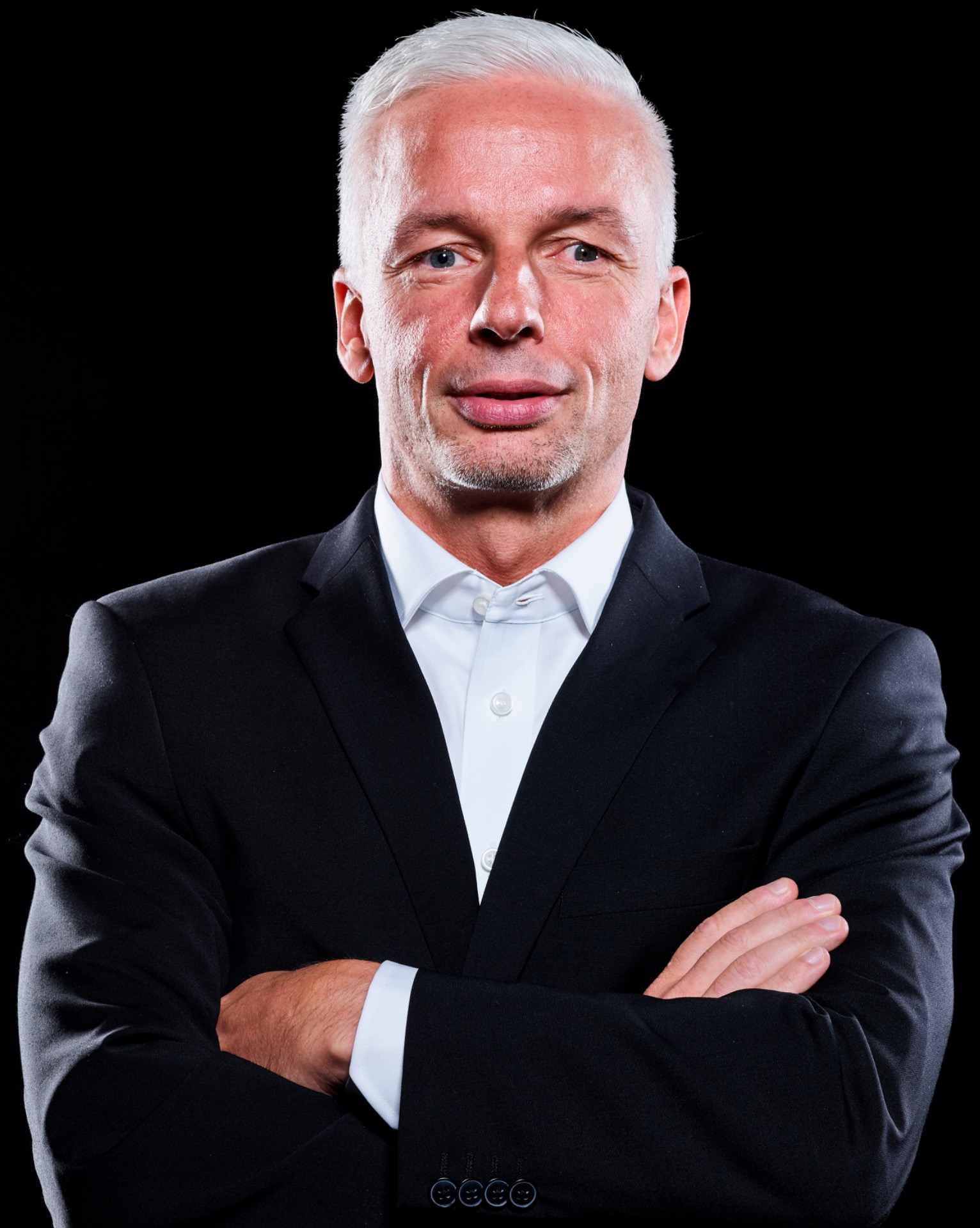Goalie Coaching in a Professional Team: What Is It?
My five cents over what a goalie coach does in a professional ice hockey team.

Goalie coaches often have a somewhat mysterious role in ice hockey clubs. In the past, they were seen as sidekicks who just hung around with the goalies. These days, their work is more appreciated—thanks to the clear progress in goaltending that comes from quality coaching. So, what do goalie coaches actually do in a professional hockey team?
The most important task is naturally taking care of the goalies in the organization. This work can be divided into two main areas: improving goalie performance and keeping them healthy. Development happens on multiple levels: technical, tactical, physical, and psychological.
An experienced goalie coach can identify what needs to be done to help a goalie perform better. If the goalies are better at the end of the season than at the beginning, the coach has done a good job.
The second key task is taking responsibility for the bigger picture. The goalie coach helps create a strong working environment for the goalies and supports the overall development structure within the club. That includes:
- Long-term planning for goalie coaching and recruitment
- Creating depth chart for the club
- Supporting promising goalies in the system
They bring their knowledge and experience to the organization and integrate it into the club's existing coaching culture.
Although the title is "goalie coach," in reality they're part of the full coaching staff. They participate in all team activities—meetings, practices, games, and more. They live the same daily life, see and hear what the team does, and share the same air.
Goalie coaches have their own views on the game, tactics, and drills. While it's important to respect the boundaries, fresh ideas are always welcome when the goal is team success.
In addition to goalie-specific work, they often contribute in other areas, such as:
- Video tagging and skouting
- Statistical analysis
- Extra on-ice sessions
It's all part of the daily business of coaching.
How Do You Evaluate a Goalie Coach?
It's often said that evaluating goalie coaches is difficult. Are they doing a good job or not?
This perception goes back to the "mystical" reputation of the role—but in reality, it's not rocket science. Some basic metrics include:
- Have the goalies improved during the season?
- Have they over- or underperformed compared to expectations?
- Are they moving up or down in their careers when contracts end?
- Has goalie recruitment been successful (if the coach was involved)?
- Has the team had to bring in new goalies mid-season?
Pretty straightforward, really.
Expense or Investment?
Clubs often debate whether to hire a full-time goalie coach. Everyone wants one—but are they willing to invest in it? Most of the clubs can afford it; it's a matter of priorities. Is it seen as a cost or an investment?
One perspective that's not highlighted enough: How much does it cost to bring in a new goalie mid-season? This usually happens when performance isn't good enough, or there are long-term injuries.
For example, I've worked as a professional goalie coach for 24 years—and not once has a team I've coached had to sign a new goalie mid-season.
Of course, history doesn't guarantee the future—but it does suggest something has been done right. From a purely financial standpoint, hiring me has saved clubs a significant amount of money. I'm sure the same can be said for many other established goalie coaches.
That's why I believe hiring an experienced goalie coach is an investment, not an expense.
Final Words
Thanks for reading this far. I hope I've been able to shed some light on the not-so-mystical world of professional goalie coaching.
It's not rocket science—but it is daily hard work, commitment, enthusiasm, curiosity, competing, and being proud when your goalies take the next step. 😀
New article: Players Path: From Youth to Professional
New article: Goalie Scouting: What Is It Really About?
New article: Building a Goalie Team in a Pro Hockey Organisation (TOP Article)
Past article: Goaltending Beyond the Glove or Blocker: Rethinking Shot Analysis
Past article: What Happens After the Final Whistle?
Past article: Life of a professional Goalie Coach
Past article: "Thank You and I'm Sorry"
Past article: "DIE TORHÜTER HABEN IM SOMMER SEHR GUT GEARBEITET"
Past article: New decade, new start

